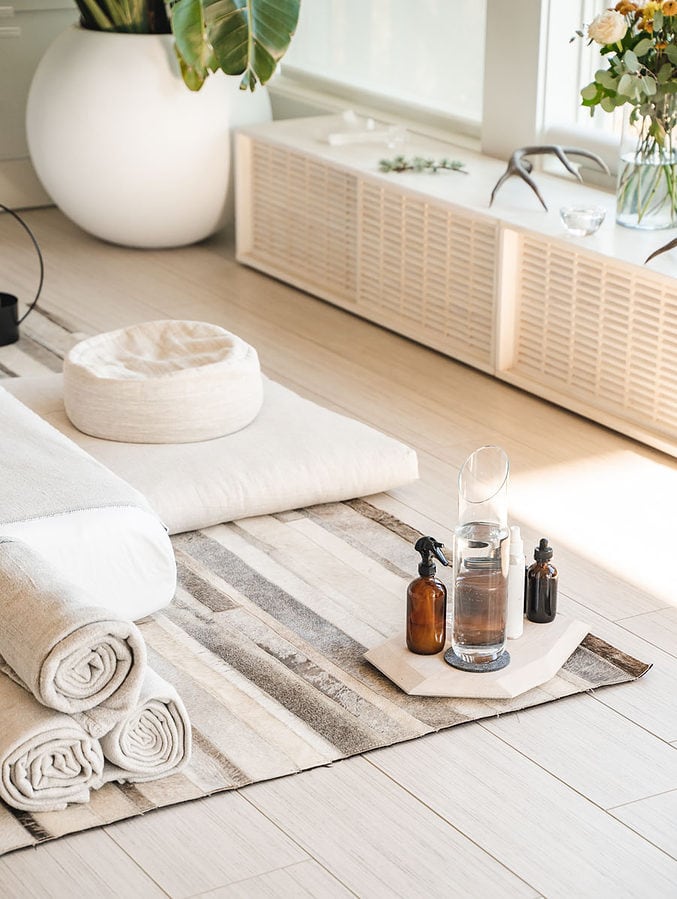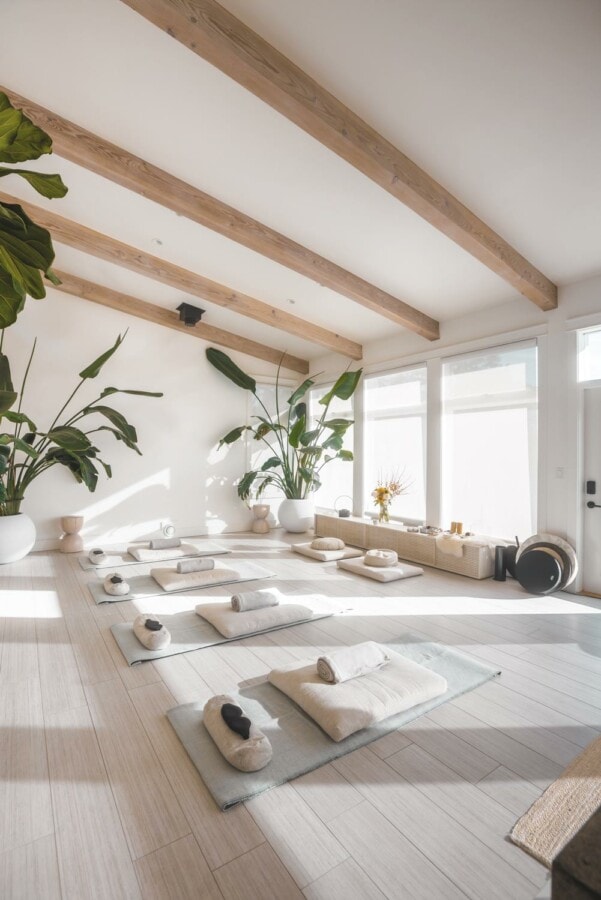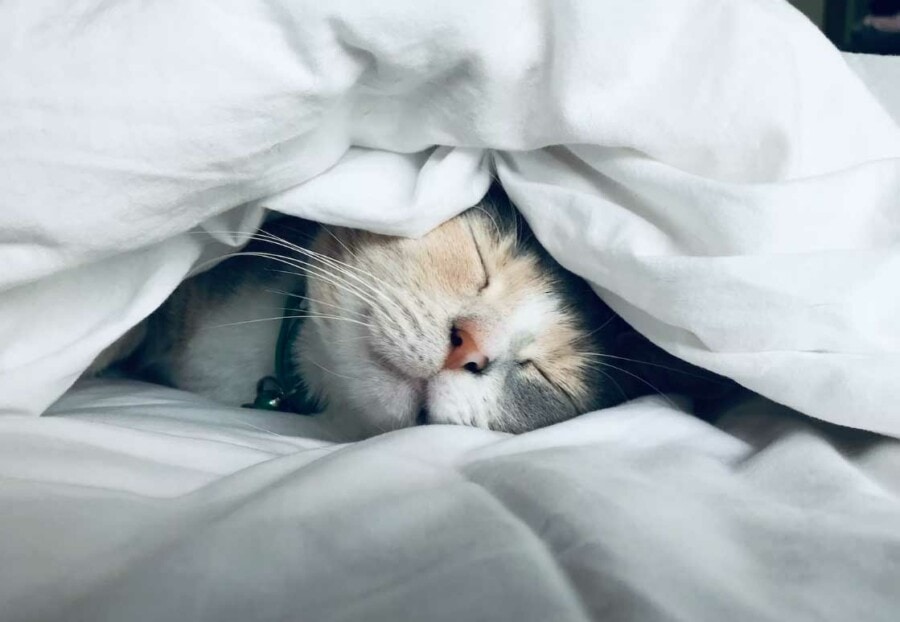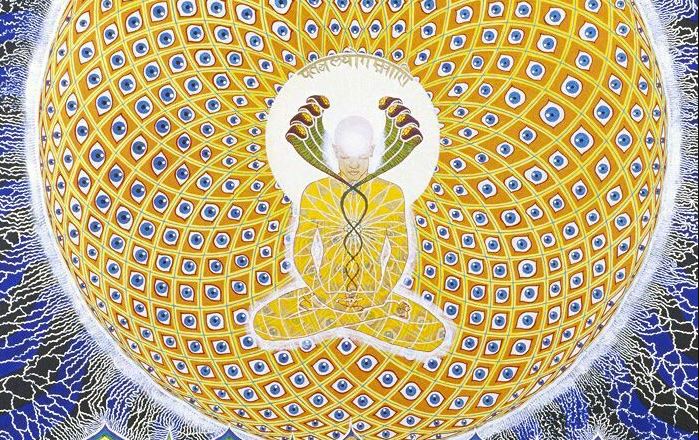Learn
Optimizing Sleep (from Nature of Work)
The most critical factors in getting a good night’s sleep.
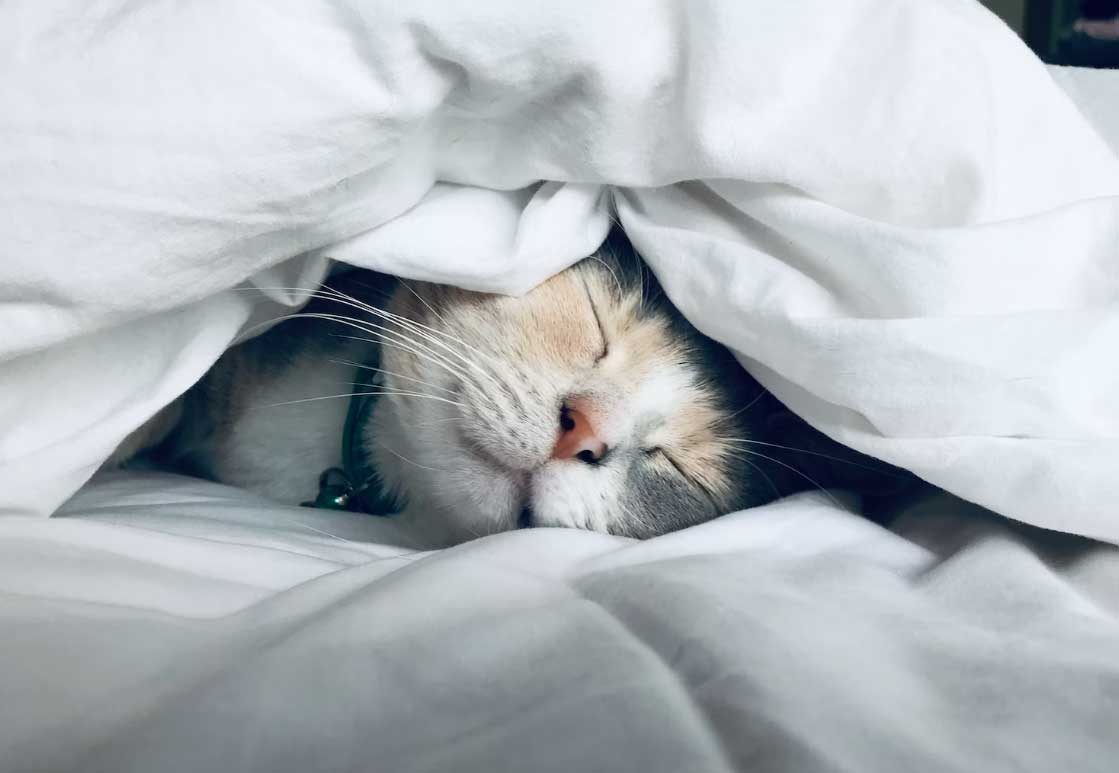
This content comes from the Nature of Work Foundations Program.
The following are the most critical factors in getting a good night’s sleep. While they all are key components to sleeping well, we’ve sorted them in terms of their importance.
- Amount of sleep. We all need 7-9 hours of sleep. Ideally, you want to think of sleep in multiples of about 90 minutes with as many minutes as necessary added on for falling asleep. If you find you fall asleep in 10 minutes or so, you might want to consider sleeping a minimum of seven hours and forty minutes. That’s five 90-minute cycles plus 10 minutes for falling asleep. Your natural rhythm will become more obvious once your sleep becomes more consistent. I find that I fall asleep really fast and typically need 7.5 hours in the late spring through to early fall months and closer to 9 hours in the winter. It is natural for your body to need more sleep during the darker and colder months of the year when the days are shorter and the nights are longer.
- Consistency of sleep pattern. Our circadian rhythm needs consistency to operate effectively. Going to bed and waking up at the same time is perhaps the most important thing that you can do to improve the quality of your sleep. Once you get into a consistent rhythm with your sleep, you’ll find that you wake up naturally without an alarm at the same time every day. During the summer, I naturally wake up at 6 am. In the winter, it’s more like 7 or 7:30 am. I work backward from my natural wake times to determine when I need to get to sleep. I’m now in a rhythm where I very rarely need to set an alarm for myself unless I have a flight to catch or an earlier than usual meeting (which I almost always try to avoid).
- Manage light exposure before and during sleep. Living in a downtown area or anywhere that has street lights near your windows can dramatically impact your melatonin production and the quality of your sleep. Consider getting black-out blinds or an eye mask to block light from the outside. In the evenings, dim the lights in your home to signal to your body that it’s time to wind down.
- Stop any screen use at least 30-60 minutes before bed. Screen exposure from devices, laptops, and TVs before bed is one of the worst things that you can do for the quality of your sleep. One study found that an hour on an iPad before bed reduced melatonin production by up to 55%, delayed the release of melatonin by at least 90 minutes, and reduced the amount of REM sleep that people experienced[1][2]. Melatonin is the hormone in your body that puts you to sleep. Lowering or delaying the production of melatonin has obvious implications for both the quality and quantity of your sleep.
- Reduce caffeine. Caffeine is a powerful drug that we abuse as a society. To ensure that you get the proper quality of sleep you should cut caffeine intake after 1 pm. Some folks who are more sensitive to caffeine or experience higher levels of anxiety should seriously consider cutting caffeine altogether. I’ve seen this work incredibly well for some people who thought they were never going to get a good night’s sleep. Others who are better and faster at metabolizing caffeine can get away with stretching this rule out by a few hours. If you’ve ever done your 23andMe, your results will show you whether you are a fast or slow caffeine metabolizer[3].
- No work before bed. Working before bed exposes you to blue screen light and requires your brain to be intensely focused at a time when you need to be winding down. Work follows the same rough guidelines as light exposure. It should ideally stop an hour before bedtime.
- Manage body temperature. Our bodies are conditioned to sleep when the temperature drops. If you’re too warm, you won’t sleep well. Keep your bedroom cooler than the rest of your apartment or home or turn the heat down when you start your wind-down routine. Be aware of how warm you are in your bed. If you’re sweating regularly or feeling overheated, you might want to get a lighter comforter or invest in a cooling pad for your mattress.
- Earplugs. This is a simple one. Cut down on all the noise and things that can wake you up. Earplugs have a noise reduction rating so you can establish how much you want to block out. I use earplugs with a rating of about 30 NRR[4]. If you’re not comfortable blocking out so much noise, go for a lower number.
Citation
[1] Chang, A.-M., Aeschbach, D., Duffy, J. F., & Czeisler, C. A. (2014). Evening use of light-emitting eReaders negatively affects sleep, circadian timing, and next-morning alertness. Proceedings of the National Academy of Sciences, 112(4), 1232–1237. doi: 10.1073/pnas.1418490112. Retrieved from https://www.pnas.org/content/112/4/1232
[2] Melatonin. (2020, June 1). Retrieved from https://en.wikipedia.org/wiki/Melatonin
[3] 23andMe. (n.d.). DNA Genetic Testing & Analysis – 23andMe Canada. Retrieved from https://www.23andme.com/en-ca/
[4] Amazon.com: Mack’s Ultra Soft Foam Earplugs, 50 Pair – 32dB Highest NRR, Comfortable Ear Plugs for Sleeping, Snoring, Travel, Concerts, Studying, Loud Noise, Work: Health & Personal Care. (n.d.). Retrieved from https://amzn.to/2Xo056v
